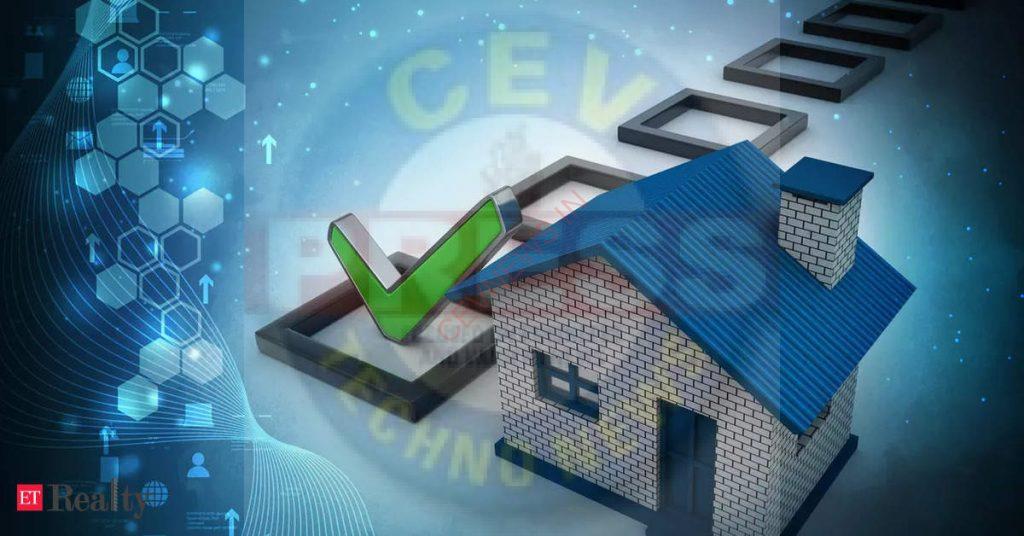DIFFERENCE BETWEEN MORTGAGE AND HYPOTHECATION
A mortgage is a loan that is used to purchase a property, typically a house or a piece of land. The borrower, also known as the mortgagor, agrees to repay the loan with interest over a specified period of time, usually ranging from 10 to 30 years.
The property itself serves as collateral for the loan, meaning that if the borrower fails to make the required payments, the lender can foreclose on the property and sell it in order to recoup their losses.
Mortgages can be obtained from a variety of sources, including banks, credit unions, and mortgage brokers. The terms and interest rates of a mortgage can vary depending on a number of factors, such as the borrower’s credit score, the size of the down payment, and the current state of the housing market.
Mortgages typically require a down payment, which is a portion of the purchase price paid by the borrower upfront. The size of the down payment can vary depending on the lender and the type of mortgage, but it is generally between 3% and 20% of the purchase price.
Mortgages are a common way for individuals to become homeowners, but they also carry a significant amount of financial risk. Borrowers should carefully consider their ability to make payments over the life of the loan before entering into a mortgage agreement.
Hypothecation refers to the pledging of a property, typically real estate or securities, as collateral for a loan without actually transferring ownership of the property to the lender. In other words, the borrower retains ownership of the property, but the lender has a security interest in the property that allows them to seize it in the event of default on the loan.
Hypothecation is commonly used in mortgage lending, where the property being purchased serves as collateral for the loan. The mortgage lender will have a security interest in the property until the loan is fully repaid, at which point the borrower will own the property free and clear.
Hypothecation is also used in securities lending, where an investor may pledge securities as collateral for a loan. In this case, the borrower still owns the securities but grants the lender a security interest in the securities until the loan is fully repaid.
Hypothecation can provide lenders with added security when making loans, as it reduces the risk of default and allows the lender to recover their losses by selling the collateral if necessary. However, borrowers should carefully consider the risks associated with pledging collateral before entering into any loan agreements.
Mortgage and hypothecation are two terms that are often used interchangeably, but they are not exactly the same thing. Here are the differences between the two:
- Definition: A mortgage is a type of security interest that is created on immovable property such as land, building, or house to secure a loan. On the other hand, hypothecation is a type of security interest that is created on movable assets such as stocks, bonds, or inventory to secure a loan.
- Type of Asset: Mortgage is created on immovable property while hypothecation is created on movable assets.
- Possession: In a mortgage, the borrower retains possession of the property, but the lender has a lien on it. In hypothecation, the borrower retains possession of the movable assets but pledges them as collateral.
- Registration: A mortgage needs to be registered with the local government or a land registry office. Hypothecation does not require any registration.
- Transfer of Ownership: In the case of a mortgage, the lender can take possession of the property if the borrower defaults on the loan. In contrast, in the case of hypothecation, the ownership of the movable assets remains with the borrower, and the lender can only sell the assets to recover the loan amount in case of default.
- Risk: Mortgages are considered less risky than hypothecation since the value of immovable property generally appreciates over time, whereas the value of movable assets can fluctuate widely.
In summary, while both mortgage and hypothecation are used as security interests for loans, they differ in terms of the type of asset, possession, registration, transfer of ownership, and risk involved




